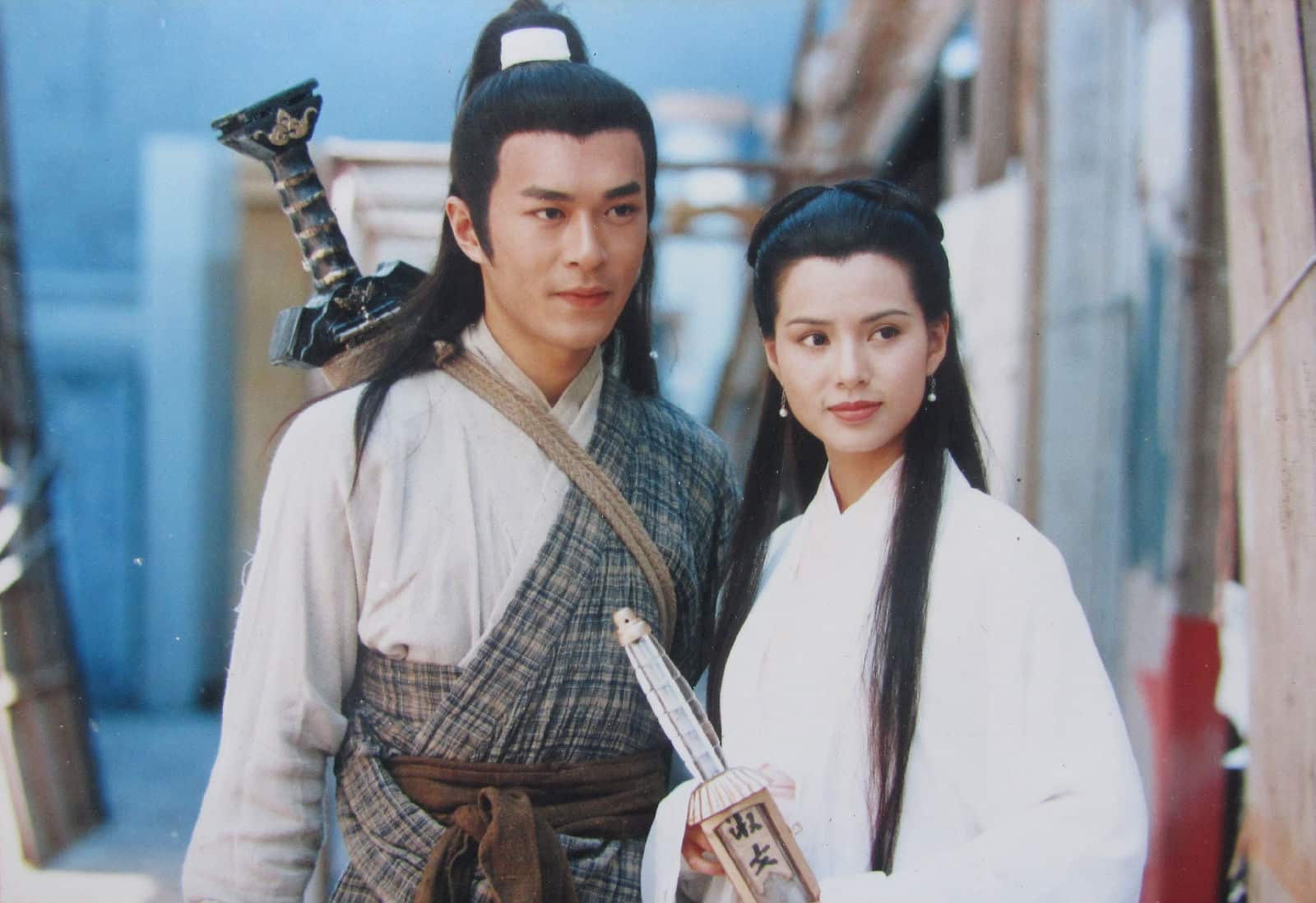Recently in my Political Science class, we were inspired to start a journey imagining the whole Asia a century ago by reading a book, From the Ruins of Empire: The Revolt against the West and the Remaking of Asia. My mind was traveling from Ottoman Empire to the Meiji Japan, from India to China, I was surprised to discover how limited my imagination of Ottoman Empire was, while I could easily visualize what China was like in the old Qing Dynasty. As I mulled over what shaped my imagination of the ancient China, Chinese historical dramas, apart from documentaries and ancient paintings, had come into my mind.
In my childhood, parents coming home late everyday and friends living far, TV became one of my long-term companions. At that time, the recurring historical dramas are always my favorite categories on TV. I would spend a whole day watching 8 series of Xiaozhuang Epic, (《孝庄秘史》) and I would never get tired of watching The Heaven Sword (insert Chinese characters) and Dragon Saber (《倚天屠龙记》) even though I had already watched them over five times. Whether the dramas were closely based on historical facts or modified with romantic elements, I was deeply drawn to the fantasy world of ancient China.
Yet it was after I went to college in United States (in which case I left my huge collection of Chinese historical dramas) that I started to realize their influence on me. Covering historical periods from pre-Qin periods to the contemporary anti-Japanese wars, these dramas opened up the space for me to imagine the past. In other words, I learned Chinese history and culture from them. I learned how costumes in different dynasties differ from each other and what the ancient Keju examinations, or imperial examinations, are like.
Admittedly, these historical dramas, imitated and imagined by the contemporaries, are controversial because their accuracy is questioned. Some accuse them of portraying false historical scenes and facts. However, I think that when ancient operas are corroborated by traditional paintings and bibliographical descriptions, these historical dramas probably contain more truth than falsehood.
Furthermore, ancient Chinese dramas actually encouraged me to learn more truths about the past. They motivated me to read and discover my passion for ancient Chinese history. Because of the images created by the historical dramas, I could visualize the historical incidents when I read Chinese histories.
As I imagined the past through the Chinese historical dramas, I was also growing up with the characters in each drama. Everyone had a dream of becoming a hero/heroine when he/she was young. For me, my numerous heroes were those swordsmen and scholars who committed to society with their ideals shown on TV.
Only until recently I discovered Guo Jing’s (郭靖) adherence to filial piety and responsibilities in The Legend of the Condor Heroes (《射雕英雄传》) and Linghu Chong’s longing for personal freedom and social equality in The Smiling, Proud Wanderer (《笑傲江湖》). Their aspirations have long echoed in my heart.
Without excessive moral exhortations, these figures taught me how to grow as a person with their actions and personalities.


